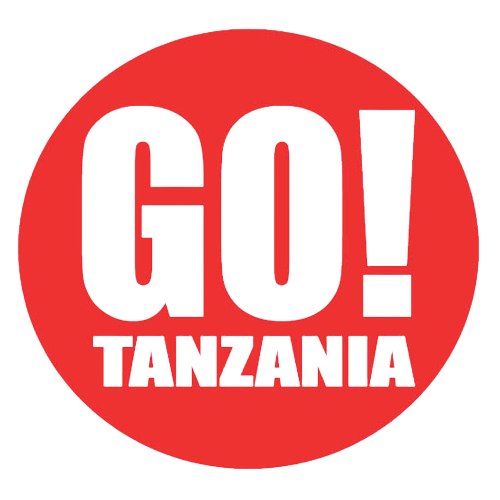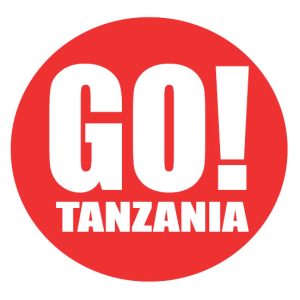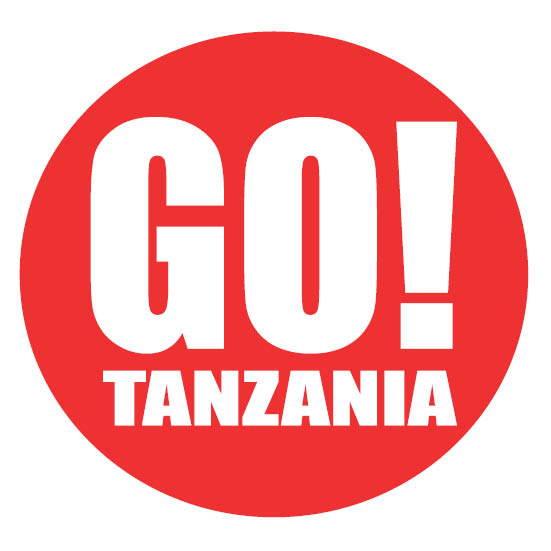Outgoing leader Mbumba hands power to Nandi-Ndaitwah at a ceremony coinciding with country’s 35th independence day.

Netumbo Nandi-Ndaitwah has been sworn in as Namibia’s first woman president, after winning elections last year that extended the governing party’s 35-year grip on power.
Nandi-Ndaitwah, 72, became one of the few women leaders on the African continent, following a ceremony on Friday attended by heads of state from several African countries including Angola, South Africa and Tanzania.
Outgoing President Nangolo Mbumba, 83, handed power to Nandi-Ndaitwah at a ceremony that coincided with the 35th anniversary of Namibia’s independence and was moved from the Independence Stadium to State House because of rare heavy rains.
Loud applause and ululations erupted as NNN, as Nandi-Ndaitwah is popularly known, took her oath of office.
In her inaugural speech, Nandi-Ndaitwah acknowledged her historic election, but also said that Namibians elected her for her competence and merit.
She added that while the country has seen progress since independence, “there’s a lot that needs to be done.”
Previously in the post of vice president for a year, she is a veteran of the South West Africa People’s Organisation (SWAPO) that led the sparsely populated and uranium-rich country to independence from apartheid South Africa in 1990.
Namibia is witnessing one of its “foremost daughters breaking through the glass ceiling”, outgoing leader Mbumba said. “It has been a long time coming.”
The youthful opposition Independent Patriots for Change (IPC) mounted a strong challenge at last year’s election but took only 25.5 percent of the presidential vote, underscoring continued loyalty to SWAPO even as the popularity of other Southern African liberation parties has waned.
A key issue at the ballot box was widespread unemployment among the young population, with 44 percent of 18- to 34-year-olds without work in 2023 in a country of just three million people.
On the eve of her inauguration, Nandi-Ndaitwah said tackling unemployment was a priority.
“In the next five years we must produce at least 500,000 jobs,” she told South Africa’s national broadcaster SABC, adding it would require an investment of 85 billion Namibian dollars ($4.67bn).
Key sectors for job creation are agriculture, fishing and the creative and sports industries, she said.
She appealed for unity after political divisions surfaced during the elections, which the IPC sought to annul in a failed court action.
“We can make our politics during the campaign and so on but once it’s over, we must build Namibia together,” she said.



